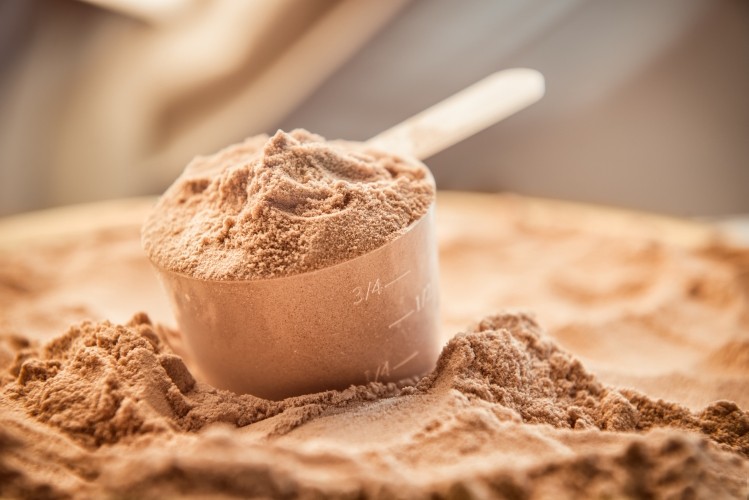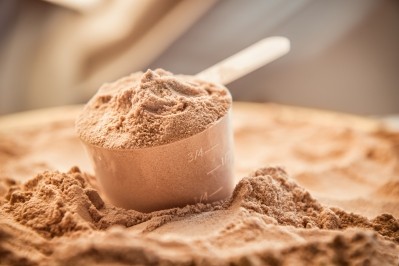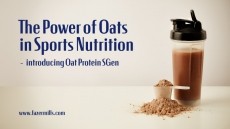Long-term whey consumption boosts vitamin B12 biomarkers, study finds

Low vitamin B12 status is estimated to affect up to 15% of people over the age of 60 years and, because of this, researchers are working to identify dietary sources of highly available B12.
It is understood that whey is a readily available source of B12 with high bioavailability. Whey or milk have been shown to be efficient as synthetic B12 supplements in improving biomarkers of B12 deficiency in lactovegetarians over four weeks. However, the long-term effects of whey and alike supplements and interventions on biomarkers of B12 status in healthy older adults remain to be elucidated.
In the current study a collaborative team of researchers from Denmark and the UK investigated the effect of long-term whey supplementation on B12 status in healthy older adults subjected to different schemes of supplements and exercise.
The research, part funded by Arla Food Ingredients and the Danish Dairy Research Foundation, utilised a study population of 167 healthy Danish adults aged 65 and older who were randomised into groups for a one year intervention. One group was given two daily supplements of whey protein (3.1 µg B12/day), another was supplemented with collagen (1.3 µg B12/day), and the third was supplemented with the carbohydrate maltodextrin (0.3 µg B12/day).
Those given whey protein were split into three groups: one performed heavy resistance training (HRTW), another performed light resistance training (LITW), and one performed no training (WHEY). Dietary intake was assessed through dietary records.
For the longitudinal part of the study, only the 110 most compliant participants were sampled. Fasting blood samples were collected at baseline and 12 months and non-fasting samples collected at 6 and 18 months to examine for methylmalonic acid, B12 and holotranscobalamin.
The authors report that the whey intervention caused an increase in B12 (P < 0.0001) and holotranscobalamin (P < 0.0001). In addition, methylmalonic acid decreased in the LITW group (P = 0.04).
Results showed no change in B12 biomarkers during the intervention with collagen or carbohydrate, and the training schedules also induced no changes.
The report concludes: "Longer-term daily whey intake increased plasma B12 and holotranscobalamin in older individuals. No effect of intervention with collagen or carbohydrate or different training regimes was observed."
Interestingly, the authors also accidentally discovered that the biomarkers of B12 status appeared to be affected by fasting vs. non-fasting conditions during sample collection.
Blood at baseline and 12 months was collected in the morning as fasting samples, whereas blood at 6 months and 18 months was collected in the afternoon as non-fasting samples. These different conditions were mirrored in the biomarker results and limited the researchers' analysis to pairwise comparisons of results of time points, baseline vs. 12 months (fasting) or 6 months vs. 18 months (non-fasting).
However, this limitation led the researchers to observe that the fasting samples generally gave rise to lower concentrations of MMA and holoTC than the non-fasting samples. The same statistically insignificant trend was observed for B12.
The authors say the findings are surprising as B12 and holoTC previously have been found to be insensitive to fasting state and food intake, and most laboratories do not require fasting before assessment of B12 status.
Another noted limitation of the study is that data on intake of nutritional supplements was not collected.
Source: Nutrients
Greibe. E., et al
"Effects of Prolonged Whey Protein Supplementation and Resistance Training on Biomarkers of Vitamin B12 Status: A 1-Year Randomized Intervention in Healthy Older Adults (the CALM Study)"
https://doi.org/10.3390/nu12072015















